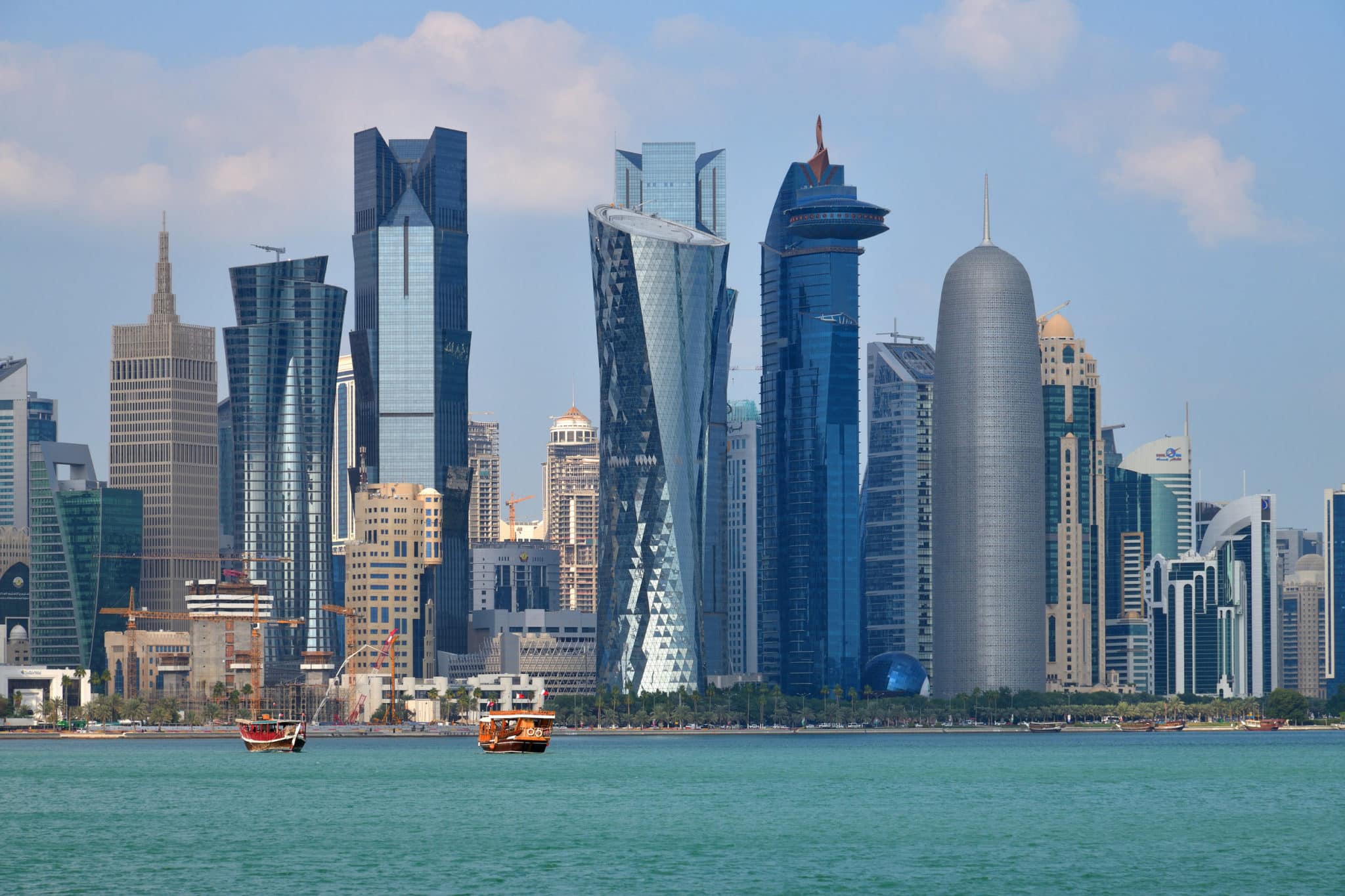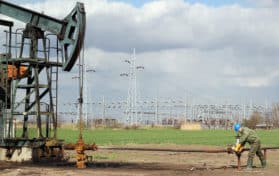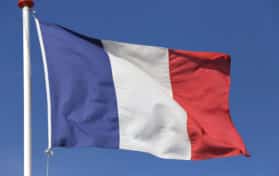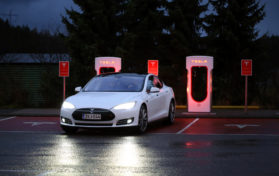
In recent years, Qatar has proven to be an influential and rising political force in the Middle East. By cultivating an image of a peaceful and neutral world power, an unusual category for Middle Eastern countries, it has forged strong and lasting bonds between many dominant international players, and has risen to become a mediator within the region. But Qatar has not always been such a powerful country. The turning point can be traced back to the discovery of oil in 1939. Fossil fuels very quickly eclipsed pearling and fishing as the main economic activity of the country, though it took until the 1950s for oil to become available in commercial quantities and for the true power of the resource to be felt. As revenues grew, so did pressure for sovereignty from Britain, which was ultimately gained in 1971. The steady flow of oil money allowed for the country’s leaders to increase spending on infrastructure and social provisions, and in 1995, the Emir, Sheikh Hamad bin Khalifa, announced his intention to move towards democracy and a more open civil society. Since then, a large number of liberal and reformist policies have been introduced; Al-jazeera was provided with a start-up loan in 1996, municipal elections were held in 1999, and the 2005 written constitution significantly liberalized political activity. Deals with Saudi Arabia and Bahrain in 2001 settled territorial disputes and helped settle the nation diplomatically. Qatar today has the highest per capita income in the world (though it is important to note that it also has a citizenry outnumbered by foreigners).
Qatar’s Growing Influence
Qatar’s influence, both with the West and within its own regional sphere of influence, has greatly expanded during the past few years. It plays a prominent regional role amongst their neighbors, and it has also sought to form lasting relationships with Western nations and their allies. It’s largest city, Doha, is a sparkling metropolis that has become a center for global business. Instrumental discussions have been hosted there for issues as diverse as lowering trade barriers to climate change negotiations. It’s region devoted to research, dubbed Education City, has campuses for six American and two European universities, including Northwestern University in Qatar. The country has even begun investing in poor suburbs in France, many of which have a Muslim majority. These soft power pursuits have paid off, as Qatar’s role in global affairs has steadily grown.
The true diplomatic push to become an active power, if not ruling hegemon, of the Middle East began in earnest during the Arab Uprisings of 2010. With a role in virtually all of the major events of the multinational revolution, Emir Sheik Hamad bin Khalifa al-Thani, has ensured that his nation is well-liked by many of the newly formed governments. Qatar has close ties with the ruling Ennahda party in Tunisia, and agreed in April to send a $1 billion loan to the new regime, as well as offering 20,000 Tunisians jobs in the Persian Gulf area. The emirate sent hundreds of troops and tens of millions of dollars in weapons and aid to the Libya rebels in the fight against Muammar Qaddafi. Qatar has currently been the most prominent regional opponent to the Assad regime in Syria, and has given generously to those fighting the authority. Some motive behind this is sectarian: Qatar, a Sunni nation, wishes to support their compatriots’ fight against the Shia government. However, it is also likely that Sheik Hamad wishes to take over where Bashar al-Assad has left, as one of the most influential leaders in the region.
The Future
The future for Qatar appears to be a continuation of its policies of pragmatism and adaptation. The government, relatively streamlined between the ruling emir, his cousin and prime minister Sheikh Hamad bin Jassim al-Thani, and Crown Prince Tamim, looks toward the recent changes in the Arab world and Middle East with a cool, calculative eye. While some observers of the ascension of Islamist-leading polities in countries like Egypt and Tunisia view the change with apprehension, Qatar is seemingly viewing them as simply a part of the new order, as is evidenced by the funding and support the Qatari government provided to the Libyan rebels, including Islamists. The recent visit to Gaza further reflects this pragmatism, compounded by the fact Qatar has historically had more openness with Israel compared to other Arab countries. Above all else, Qatar has pursued and most likely will continue to pursue a foreign policy that draws distinctions not between democracy and authoritarianism, but rather stability and chaos, the former of which is most conducive to allow its rise to continue unabated.
This rise is not only limited to political clout, but also includes recognition in industry and culture. The country continues to heavily invest in its natural gas resources as well as massive infrastructure projects both within the country as well as without, and is using both as a means to gain leverage and influence across the globe. Even the world of sports contains a Qatari mark; one cannot watch a Barcelona game without seeing the words “Qatar Foundation” on the front of Messi’s jersey, and the country is gearing up to host the World Cup in 2022. All this publicity and recognition hasn’t been without its criticisms; critics deride investment arms like Qatar Holdings and the Qatar Investment Authority as mere attempts to buy influence; overthrown regimes resent the perceived meddling of Al Jazeera; leftists view the large American airbase near the capital Doha as proof that Qatar is under Washington’s firm control; and liberals are making the point that Qatar is being too close with Islamic fundamentalist groups, including Hamas and Hezbollah. Certainly the Qataris have a lot more to climb if they want to become top-dogs in the Middle East, but it remains interesting to see what a small country with great wealth and even greater ambitions could do.





